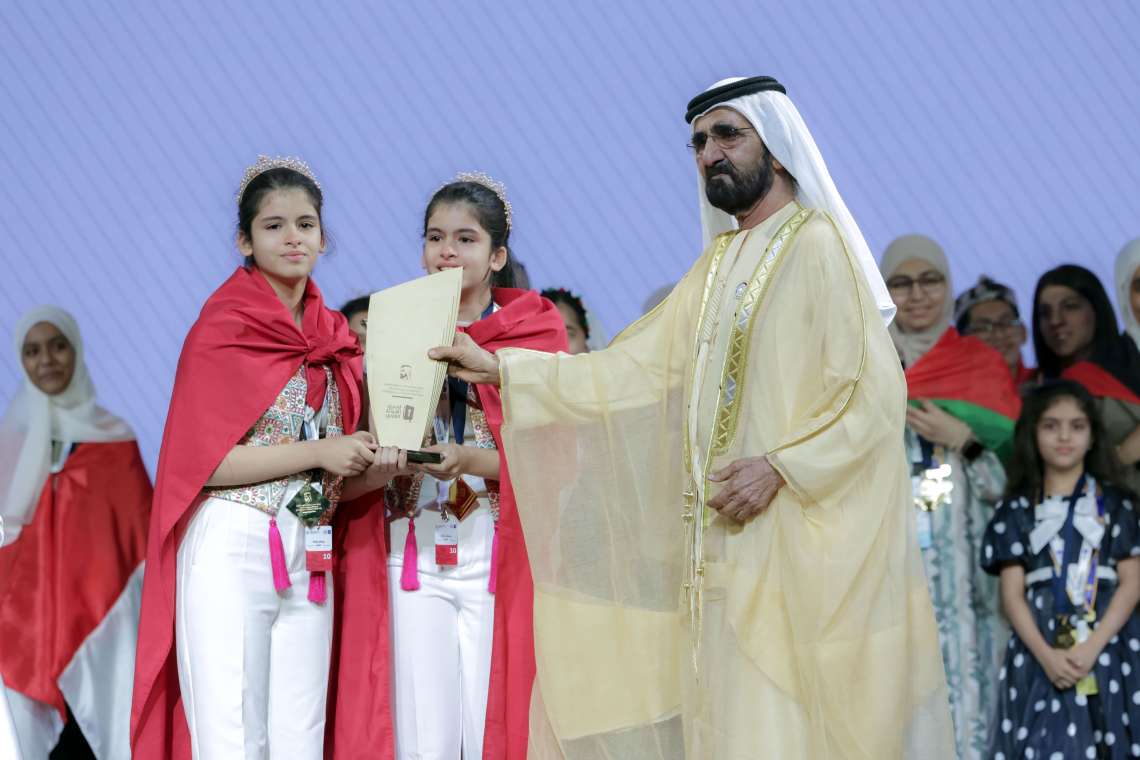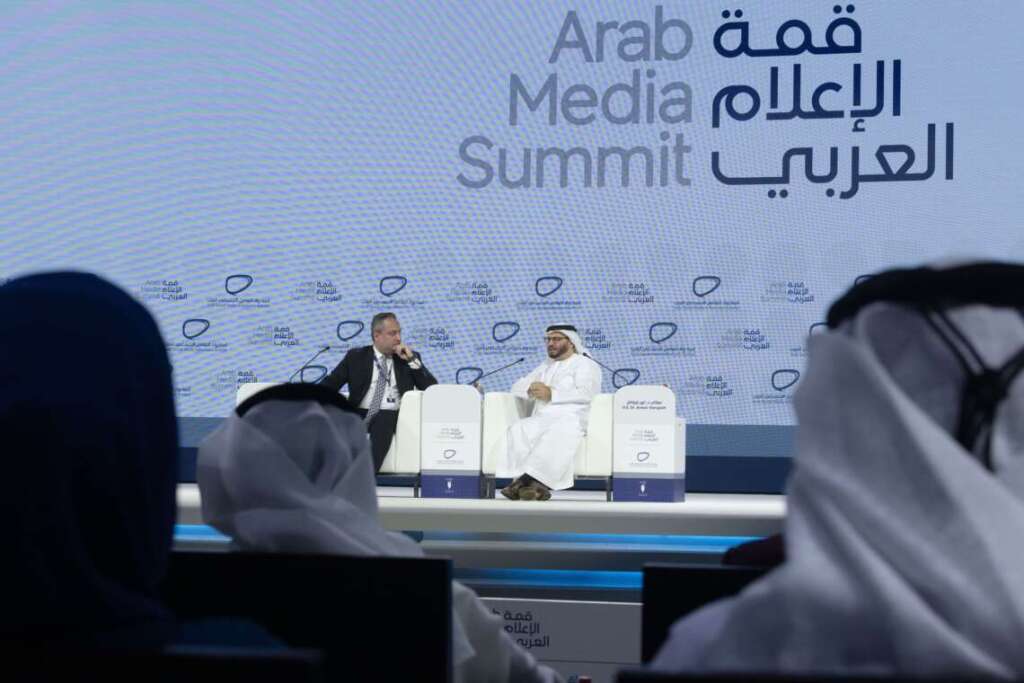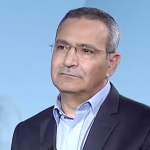Abu Dhabi unveils AED400 billion energy roadmap, inked climate finance pact ahead of 2026 UN Water Conference
Abu Dhabi has unveiled a sweeping strategic framework to transform its energy and water sector through 2050, positioning the emirate as a global leader in sustainable innovation and climate finance. The announcement was made by the Abu Dhabi Department of Energy (DoE) at the 2025 World Utilities Congress, held at ADNEC, where key policymakers, industry leaders, and experts gathered to explore the future of energy and water governance.
The new roadmap reflects Abu Dhabi’s ambitious economic trajectory, with its GDP recently crossing the one trillion dirham mark — a milestone that underscores the emirate’s rapid growth and its increasing demand for resilient infrastructure. The strategy centres on four core objectives: ensuring secure and sustainable supply, maximising efficiency in supply and demand, advancing decarbonisation, and increasing economic value from energy and water resources.
“This strategic framework represents a comprehensive roadmap for the future of the energy and water sector in the Emirate,” said Dr. Abdulla Humaid Al Jarwan, Chairman of the Abu Dhabi Department of Energy. “It is built upon an ambitious vision aimed at transforming the sector into a global model of efficiency, innovation, and sustainability, in line with our wise leadership’s aspirations to build a diversified, net-zero economy by 2050.”
Artificial intelligence, digital transformation, and regulatory reforms are key enablers of the strategy. The framework includes expanding AI-driven innovations, attracting up to AED400 billion in foreign direct investment (FDI), and increasing local content in key supply chains to 65 percent. It also targets full Emiratisation of critical jobs in the sector by 2050.
The DoE reaffirmed its commitment to leading policy and regulatory reform while deepening local and global partnerships. “We continue working to cement Abu Dhabi’s position as a global hub for innovation in energy, powered by artificial intelligence and advanced digital solutions,” Al Jarwan added.
The Department also issued an open call to innovators, investors, and policy thinkers worldwide to contribute ideas and technologies to meet the growing demands of sustainability and resilience. It positioned the new framework as both a platform and a challenge to co-create the future of energy and water in the region.
In a complementary move, the Department of Energy also signed a significant Memorandum of Understanding (MoU) with the Global Climate Finance Centre (GCFC) during the congress. The agreement strengthens bilateral cooperation on climate finance and green infrastructure ahead of the 2026 United Nations Water Conference, which the UAE will co-host. GCFC has been officially mandated to lead the Finance Track of the conference.
The signing ceremony was attended by senior officials including Dr. Abdulla Al Jarwan and Abdulla Balalaa, Assistant Minister of Foreign Affairs for Energy and Sustainability. The MoU was signed by Ahmed Al Falasi, Executive Director of the Energy Efficiency Sector at DoE, and Mercedes Vela Monserrate, CEO of GCFC.
“This agreement represents a strategic milestone in our ongoing efforts to drive the transition toward a sustainable economic model that helps address climate change challenges,” Al Falasi said. “We recognise the importance of activating partnerships with leading institutions such as the Global Climate Finance Centre, given their pivotal role in enabling innovative and flexible financing solutions that benefit both the economy and society.”
The MoU will support the implementation of Abu Dhabi’s Finance Strategy and aims to establish the emirate as a regional hub for climate finance. Key focus areas include the development of innovative financing tools — such as green bonds, guarantees, and linked loans — along with technical assistance for regulators, financial institutions, and project developers.
“This agreement reflects the work already underway between GCFC and the Department of Energy to develop financing mechanisms for energy and water efficiency,” said Monserrate. “Our focus is on mobilising capital, supporting regulatory frameworks, and delivering practical solutions through a strong pipeline of investable projects.”
Notably, one of the first initiatives under the agreement will be to scale up ‘Cooling as a Service’ — a model that provides efficient cooling infrastructure without upfront capital costs, thereby encouraging energy savings and climate adaptation.
The MoU also paves the way for high-level engagements and knowledge exchange that will shape the regional dialogue on climate adaptation, energy transition, and water security. Both institutions will work to align their initiatives with Abu Dhabi’s net-zero and sustainability goals, while accelerating the investment-readiness of projects and enhancing institutional coordination.
As the UAE ramps up its preparations for the 2026 UN Water Conference, the Department of Energy’s twin announcements — a long-term strategy and a global partnership — illustrate how climate ambition and practical governance can coalesce. Abu Dhabi is not only planning for the future but actively investing in it, aiming to lead by example in a region undergoing rapid environmental and economic transformation.













